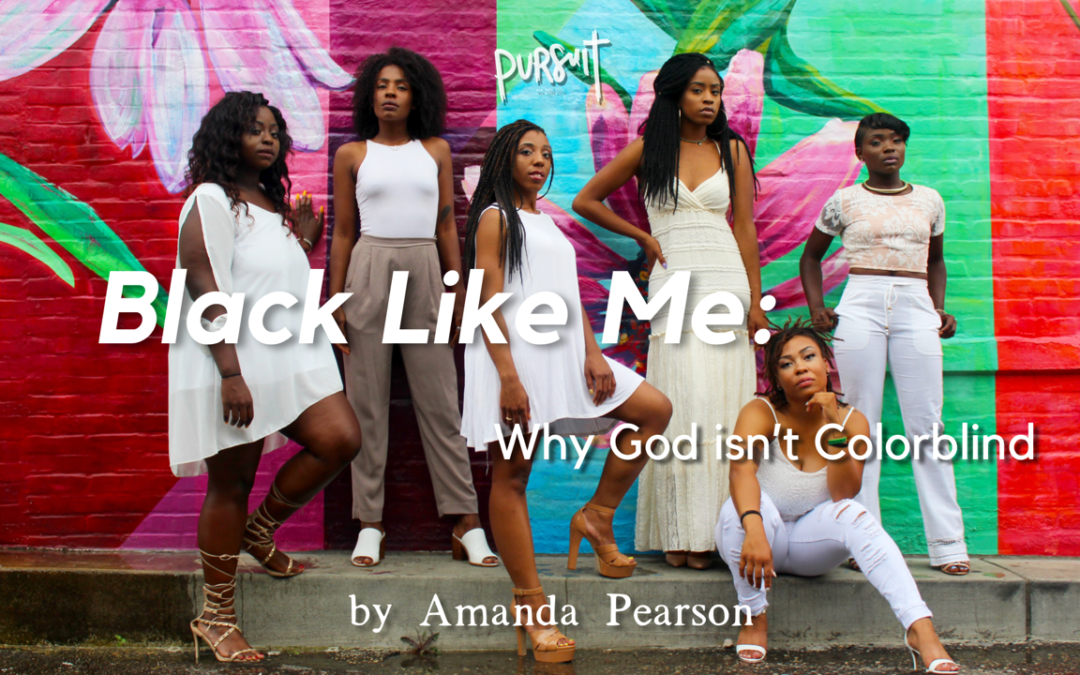
by Sam | Feb 13, 2018 | Guest Blogger, Inspiration
The first time I felt proud to be a black woman was when I lived with three other black suitemates during my sophomore year in college who celebrated and shared their West Indian and Nigerian culture, food, and heritage with me. As sisters in Christ, we would worship, sing praise songs, and discuss theology on the same night we would joyfully dance to Caribbean and African beats, share hair products, and talk about the latest rap song. It was a beautiful marrying of cultures and experiences that made me feel like I had returned home to a forgotten motherland. I felt proud to say that I was black, female, and created in the image of God; for the first time in my life, I had real sisterhood. Yet in that same season, I was reminded that every aspect of who I am as person was still dishonored, ignored, or disbelieved in our society. That semester, we wept when we heard the news about Tamir Rice being killed while playing in a park and worried about the future of our brothers and children; we were heartbroken at the ignorance and casual racism within our fellowship we had experienced from our white and Asian American brothers and sisters in Christ; we joined in solidarity with those who marched after Eric Garner’s killer wasn’t indicted; we shared stories of the sexism and misogynoir we experienced from those who claimed to be our brothers in Christ. We were bonded by our sisterhood and our pain, and that is at the core of how it feels to be black in America, especially as a...


